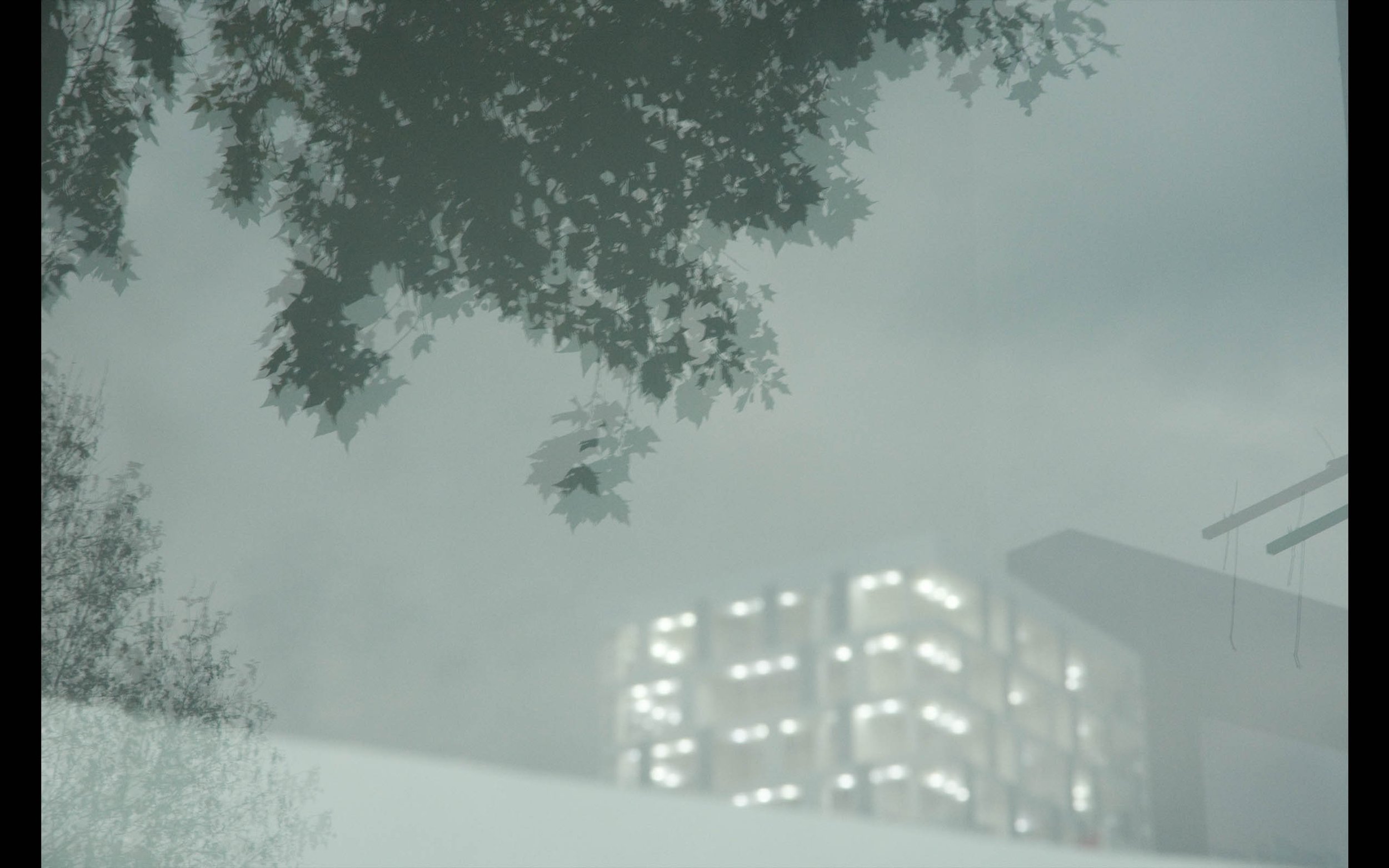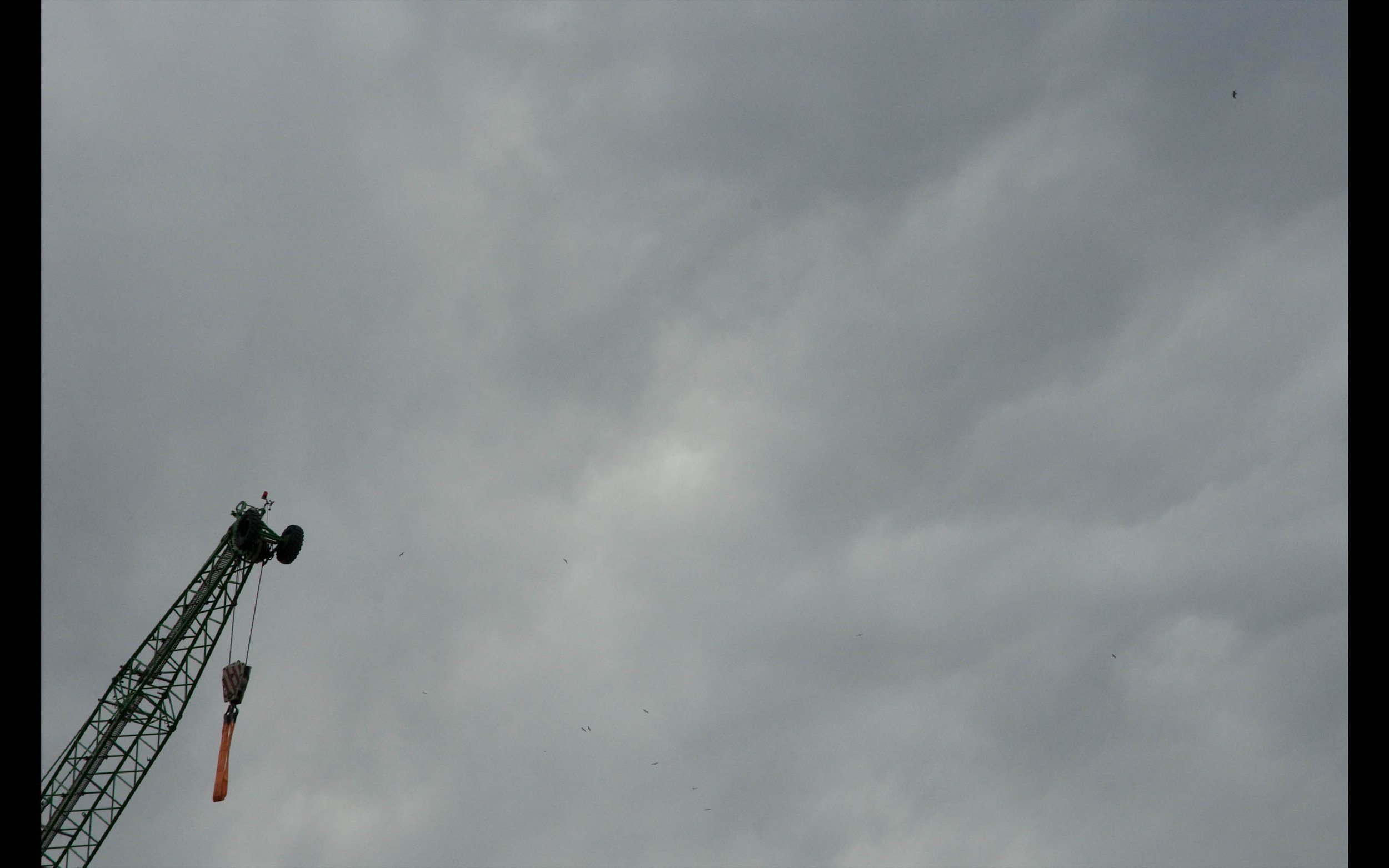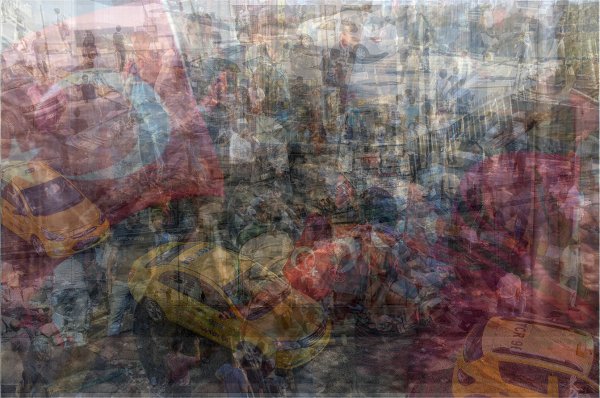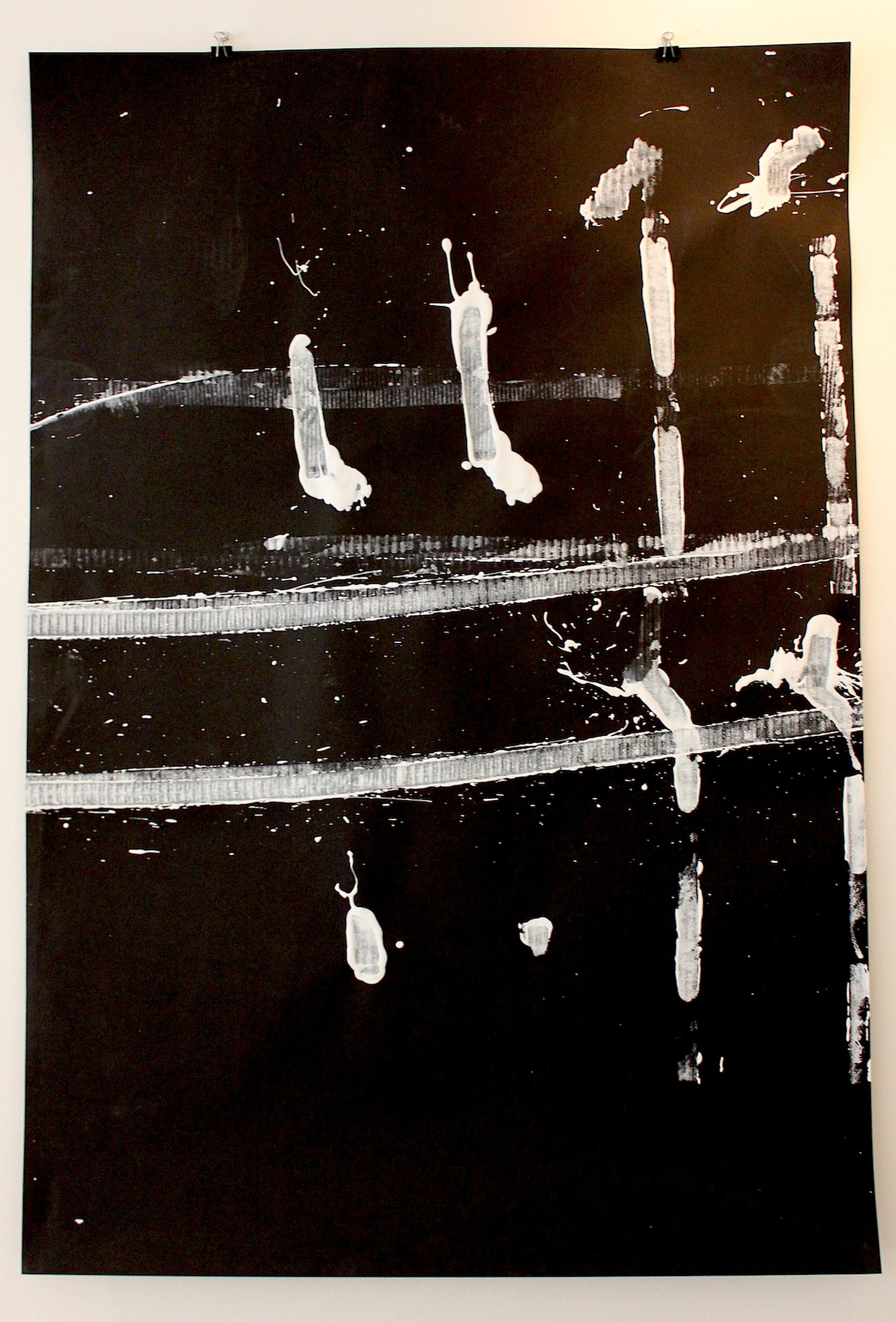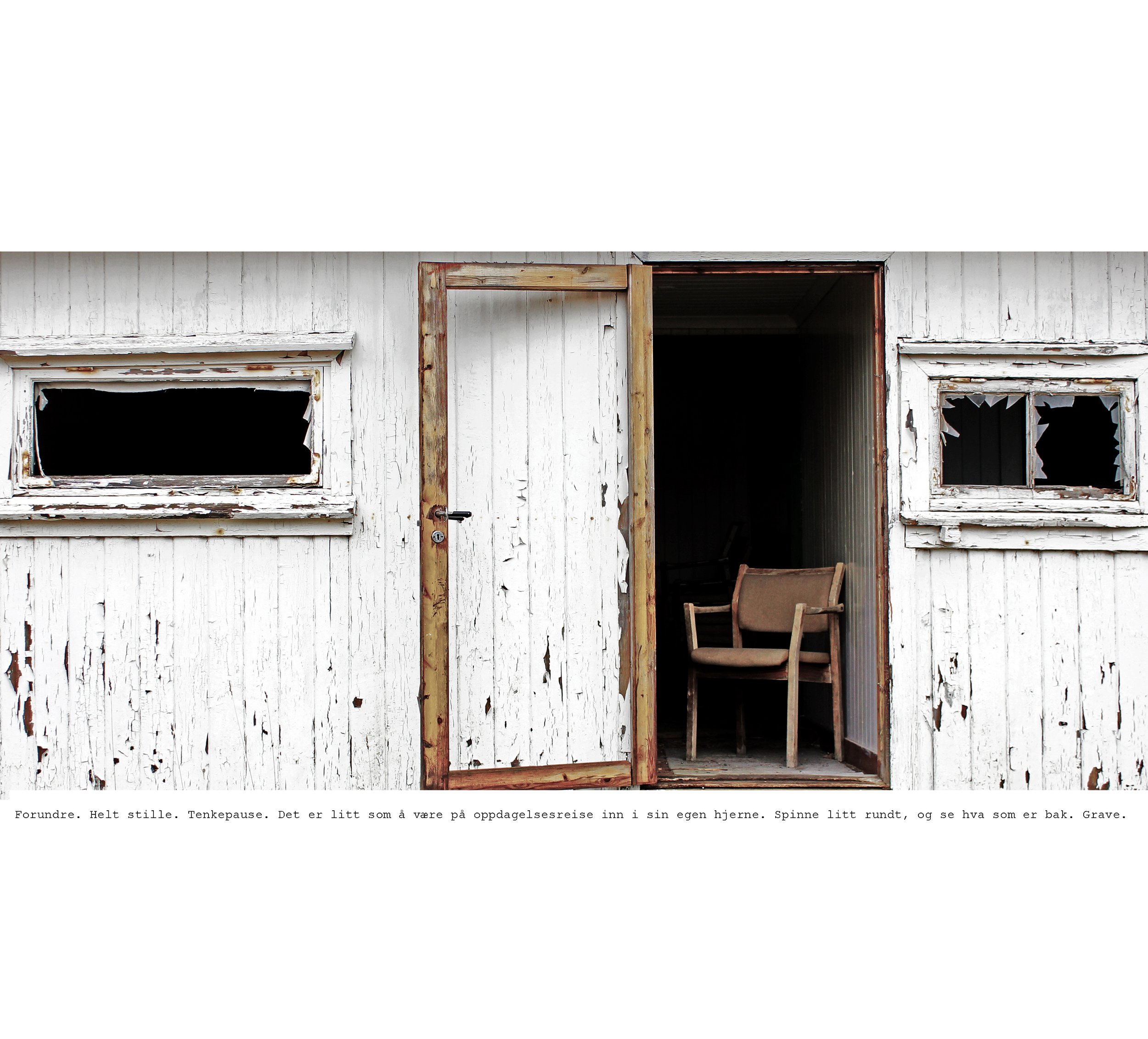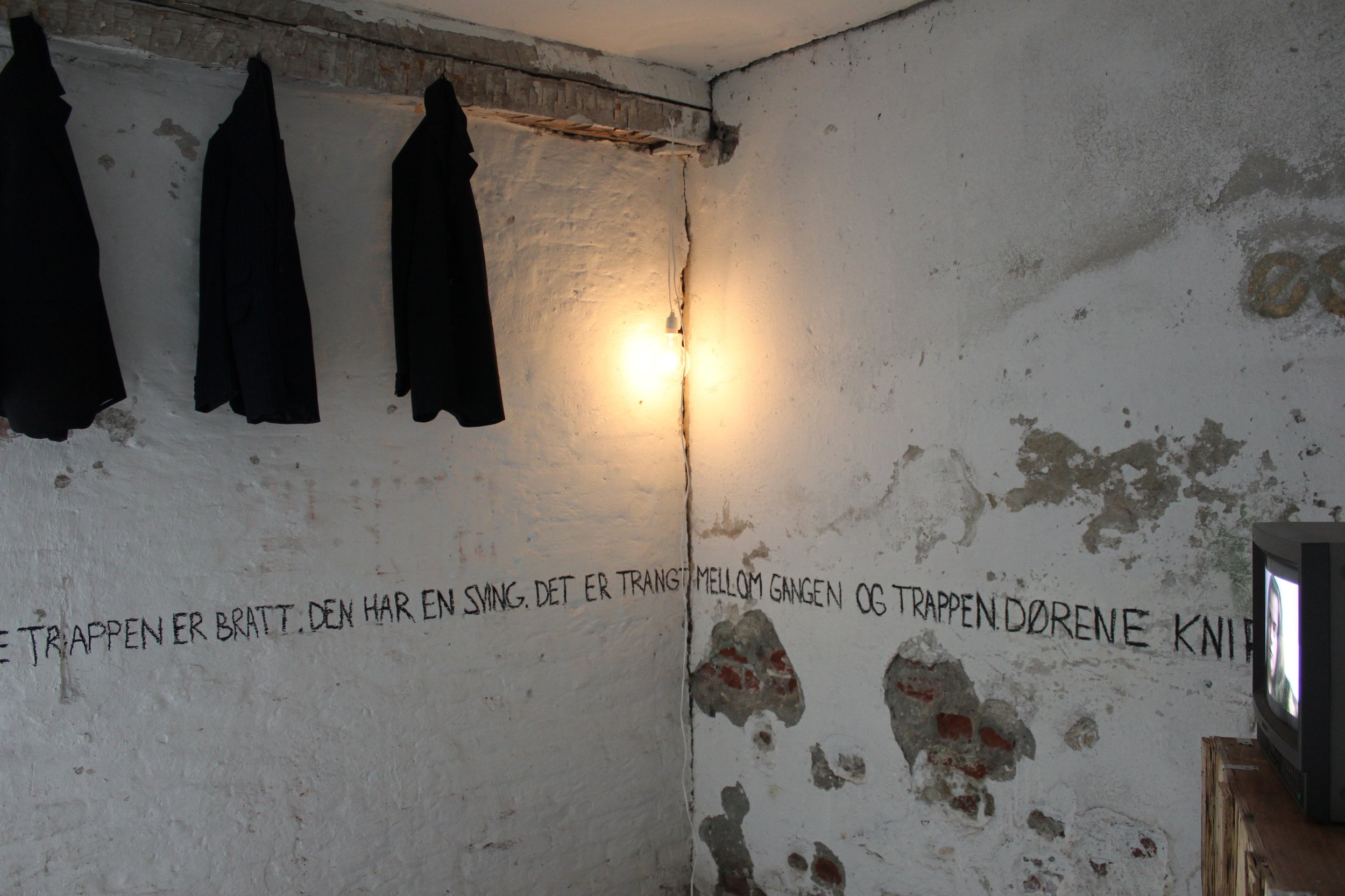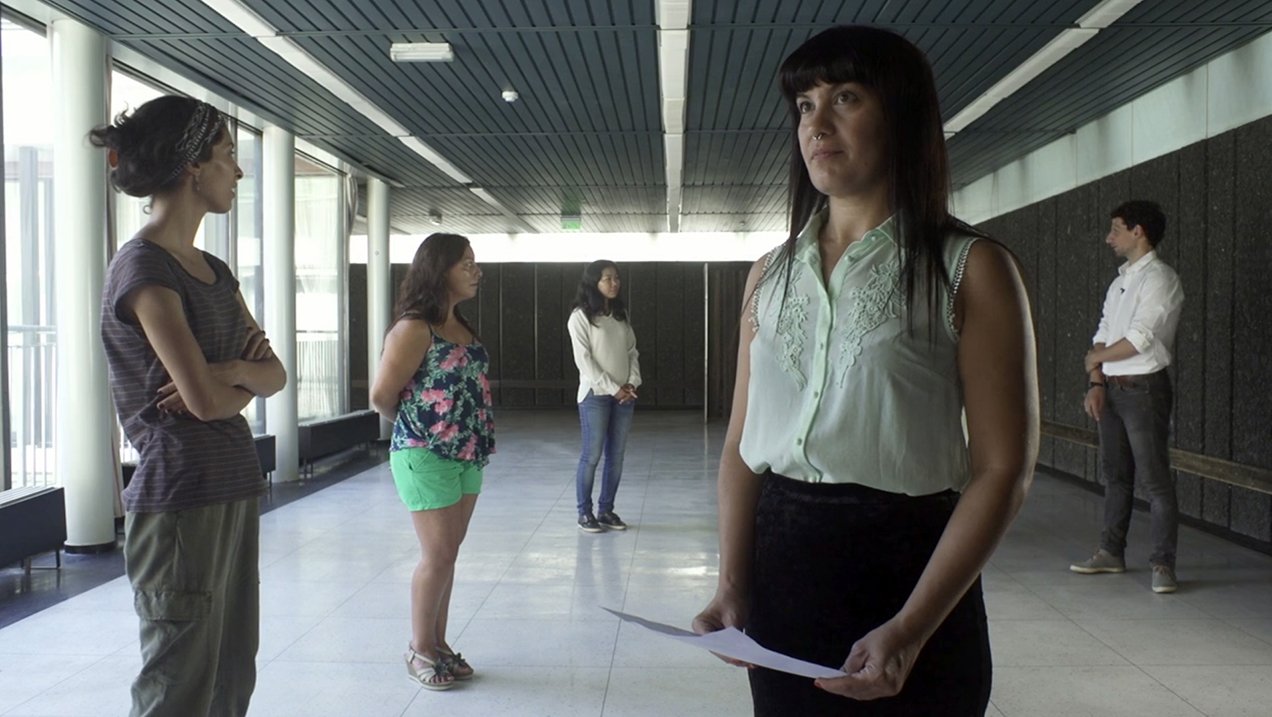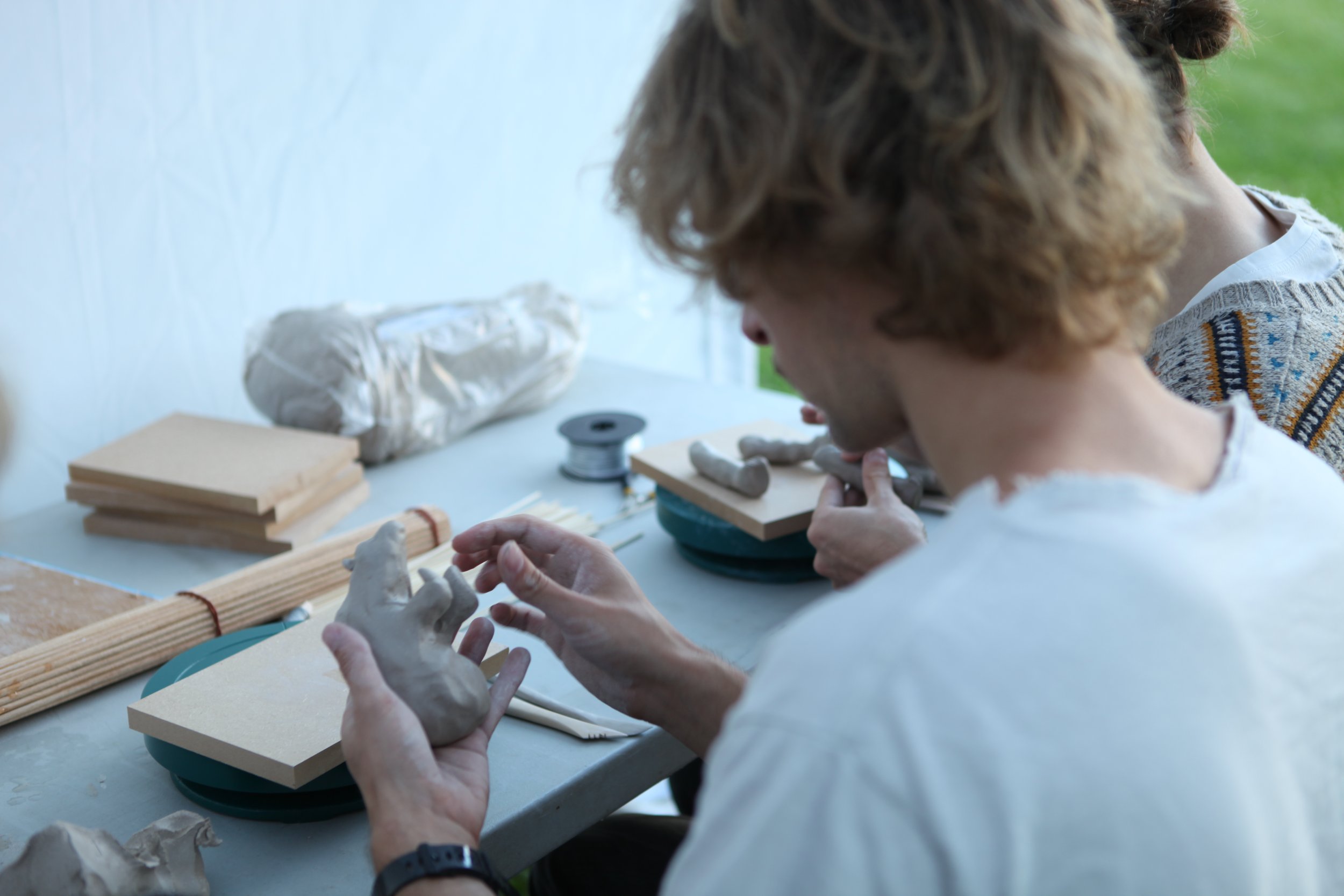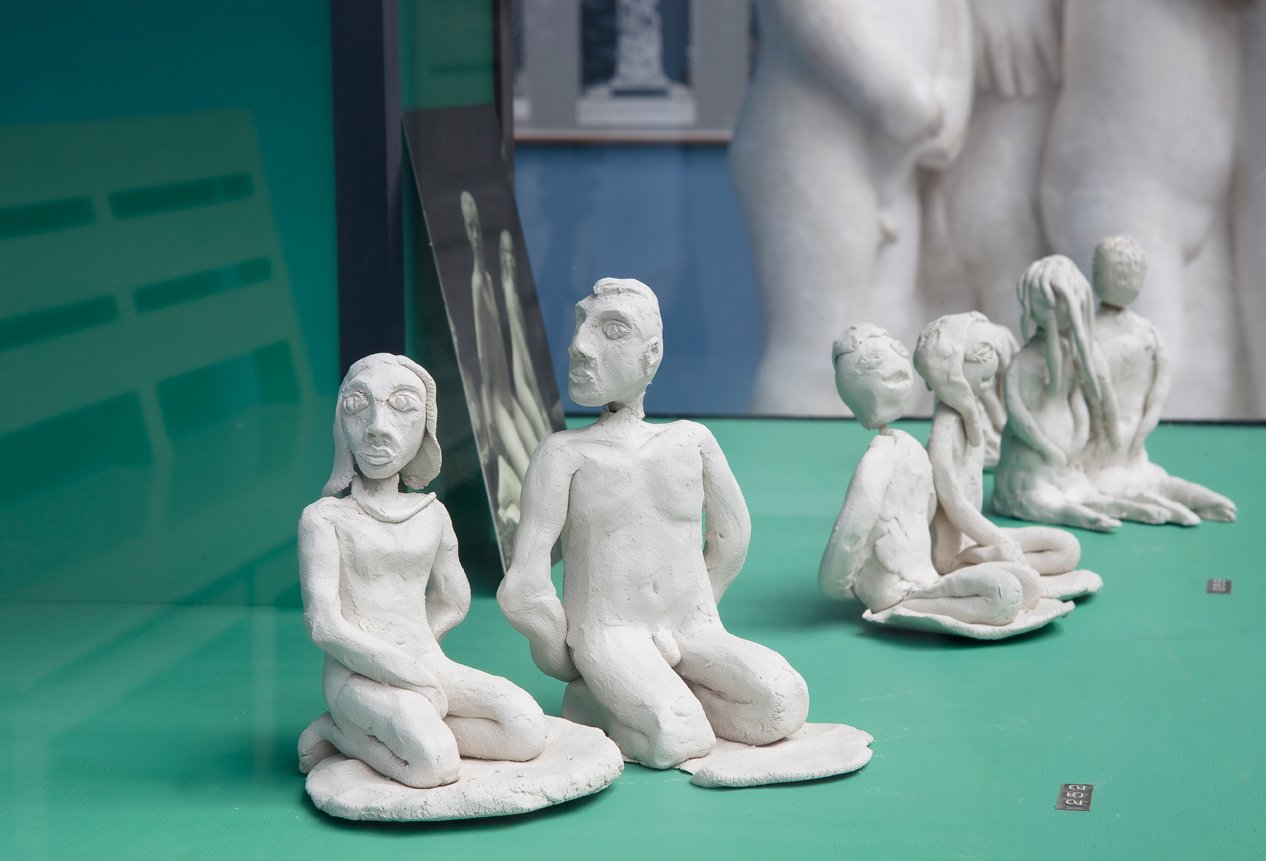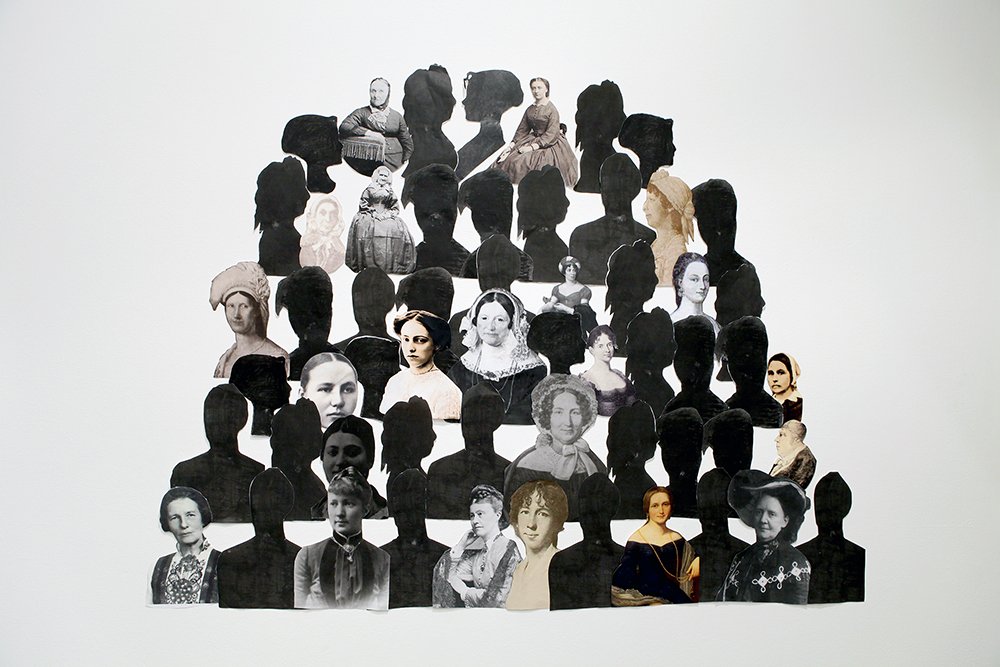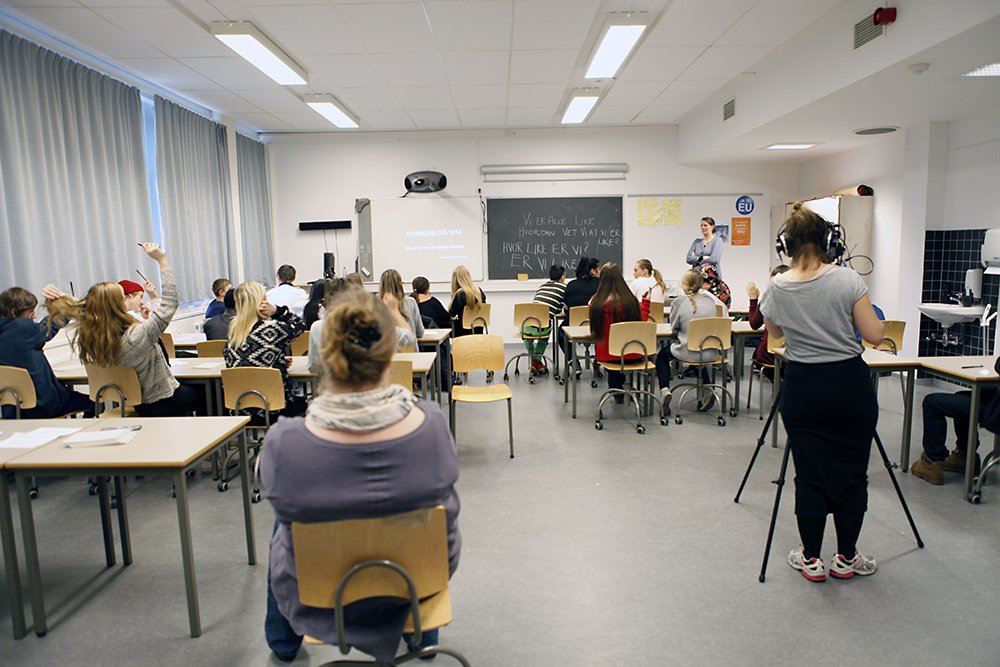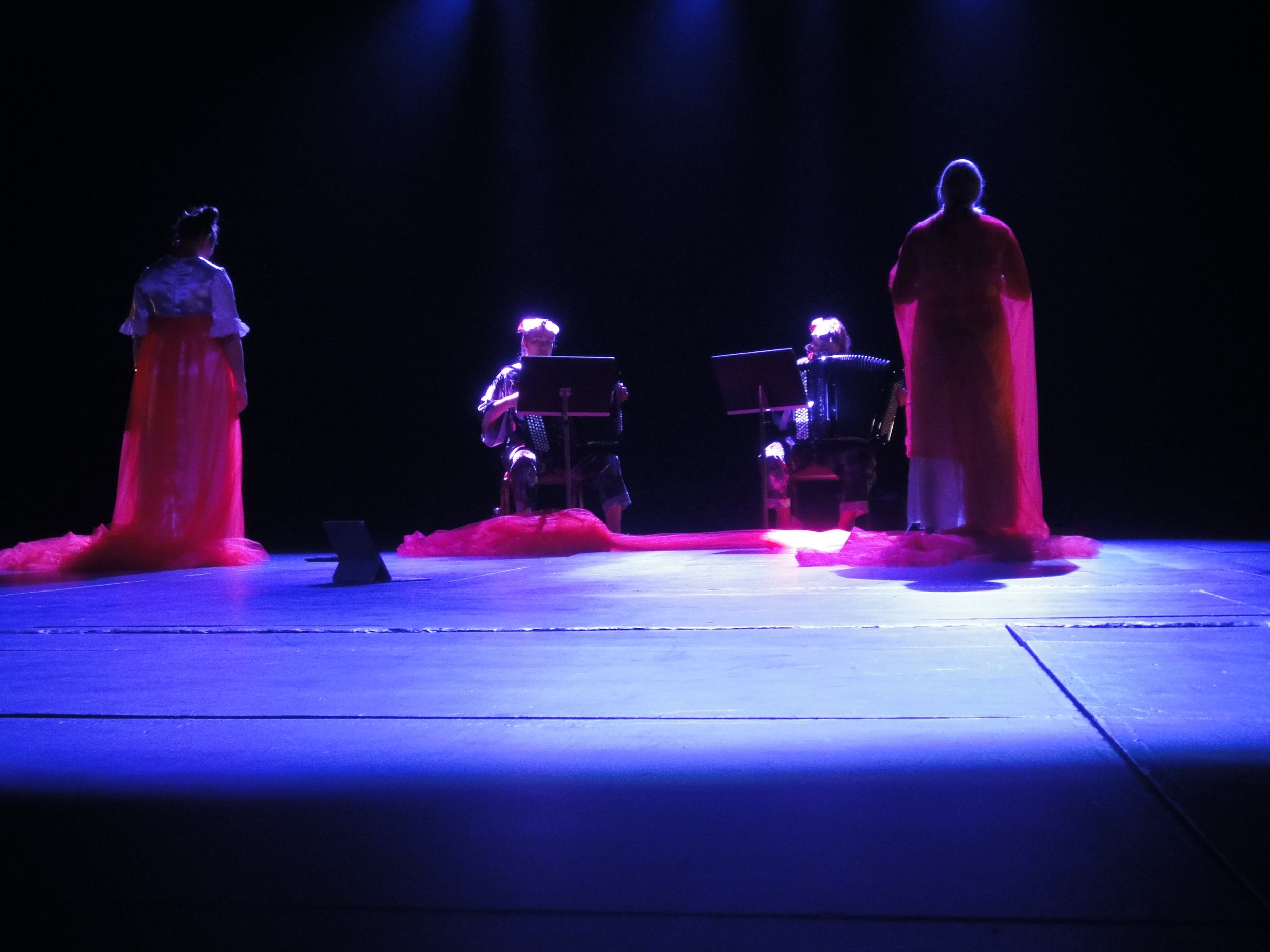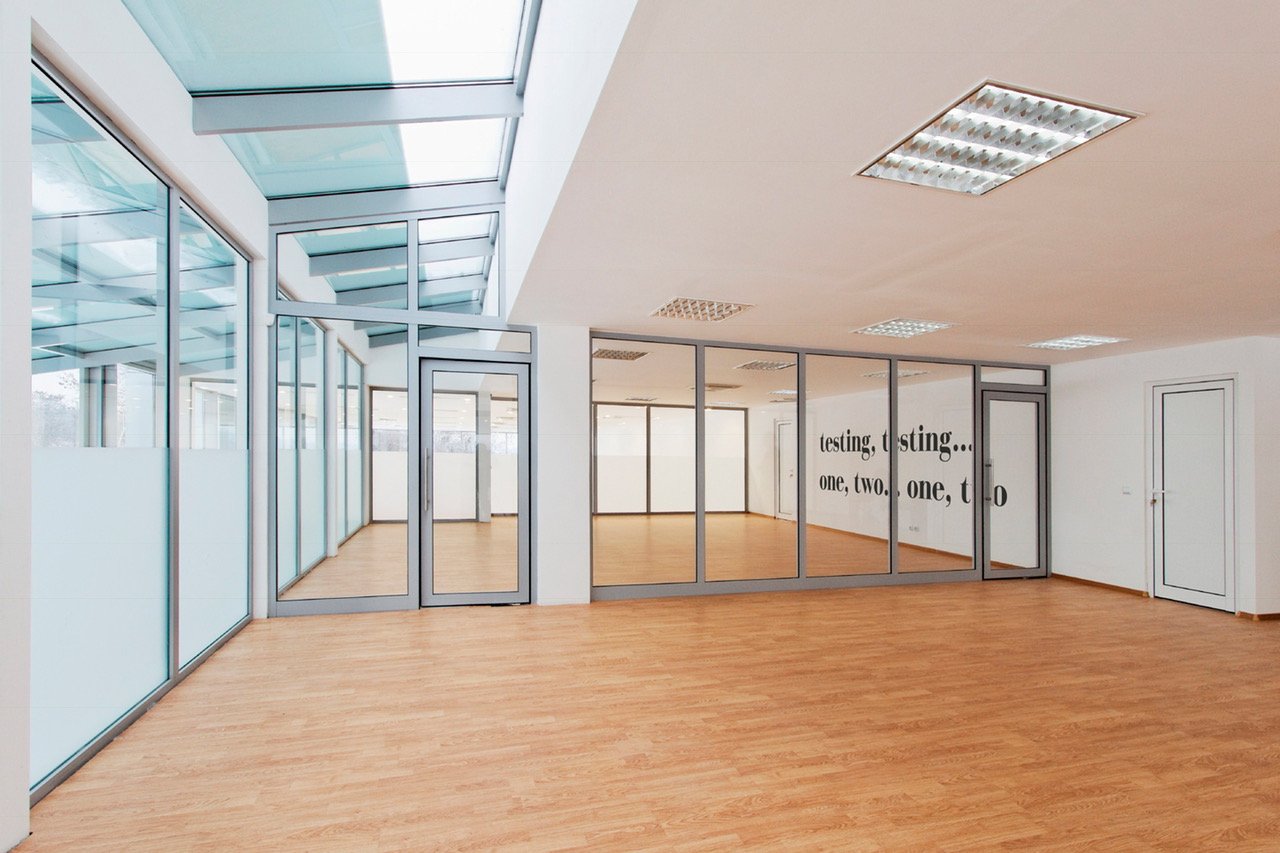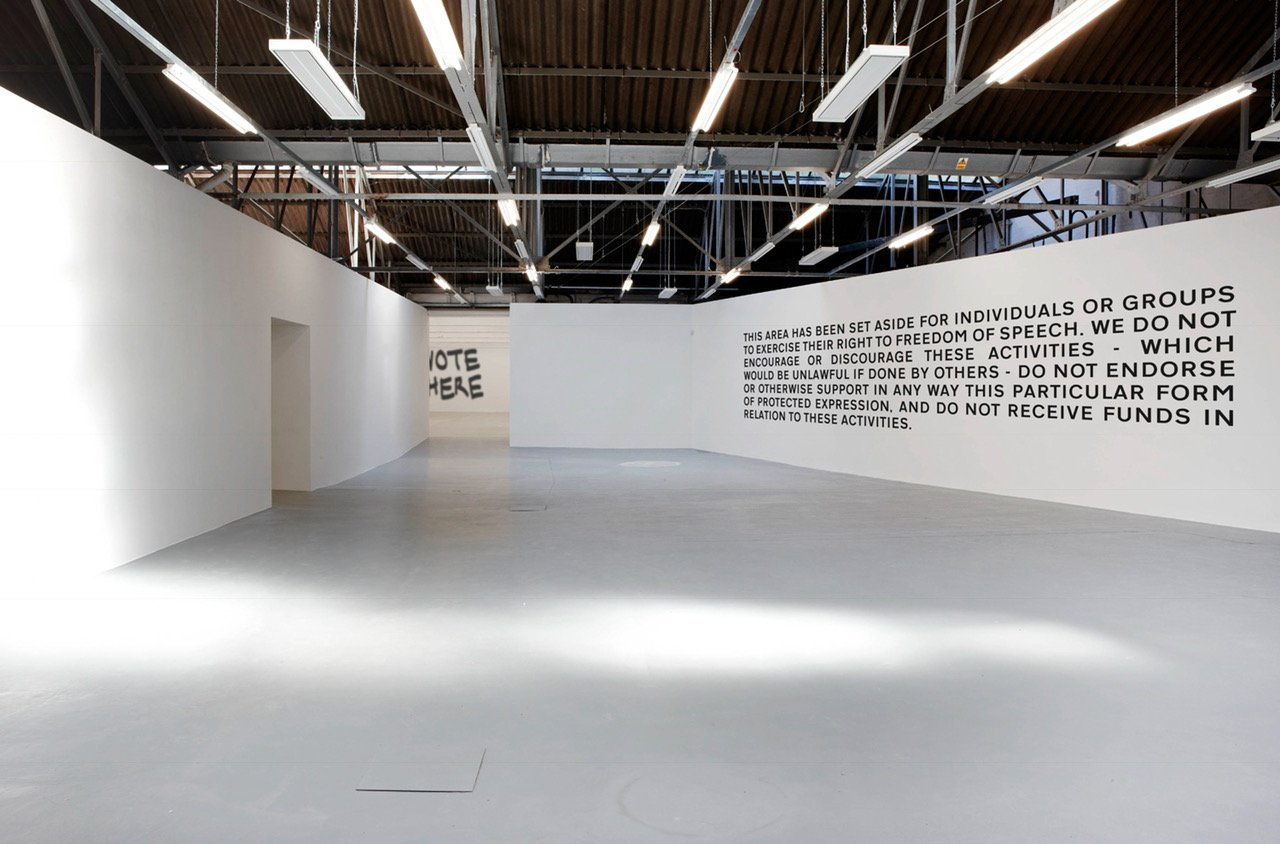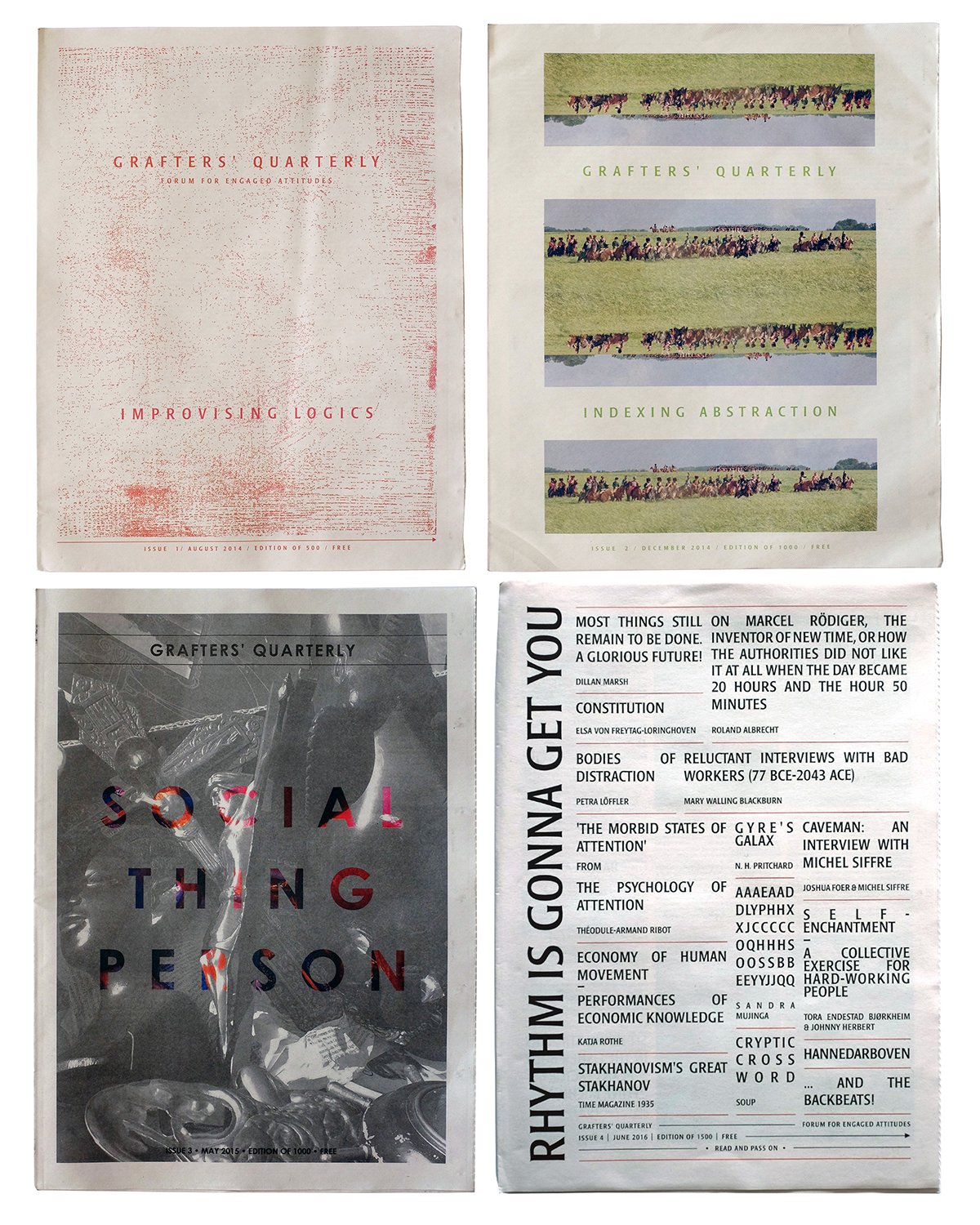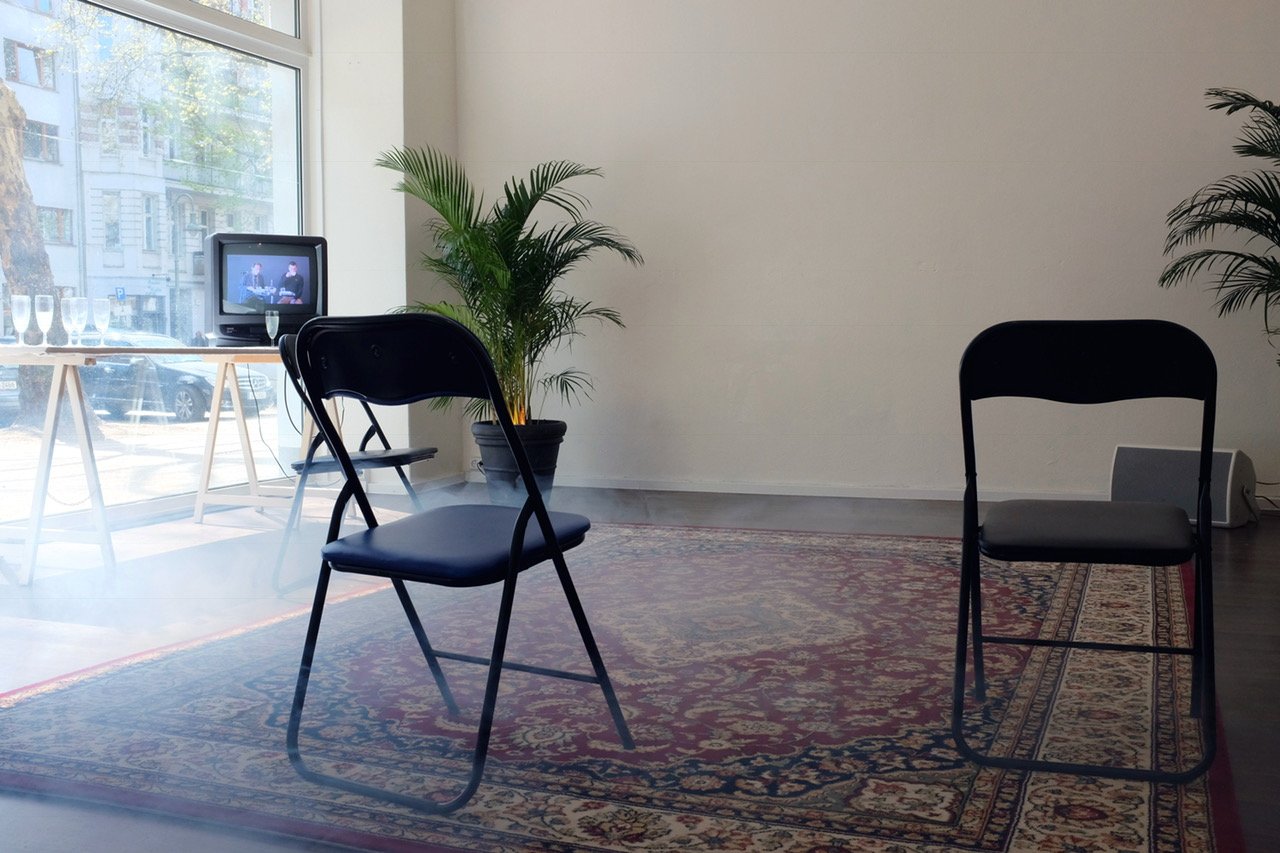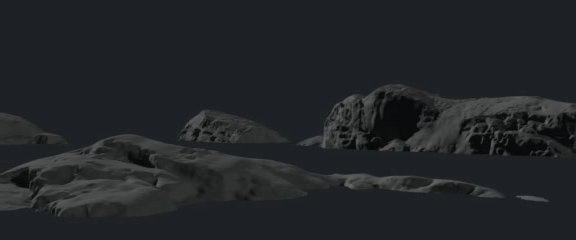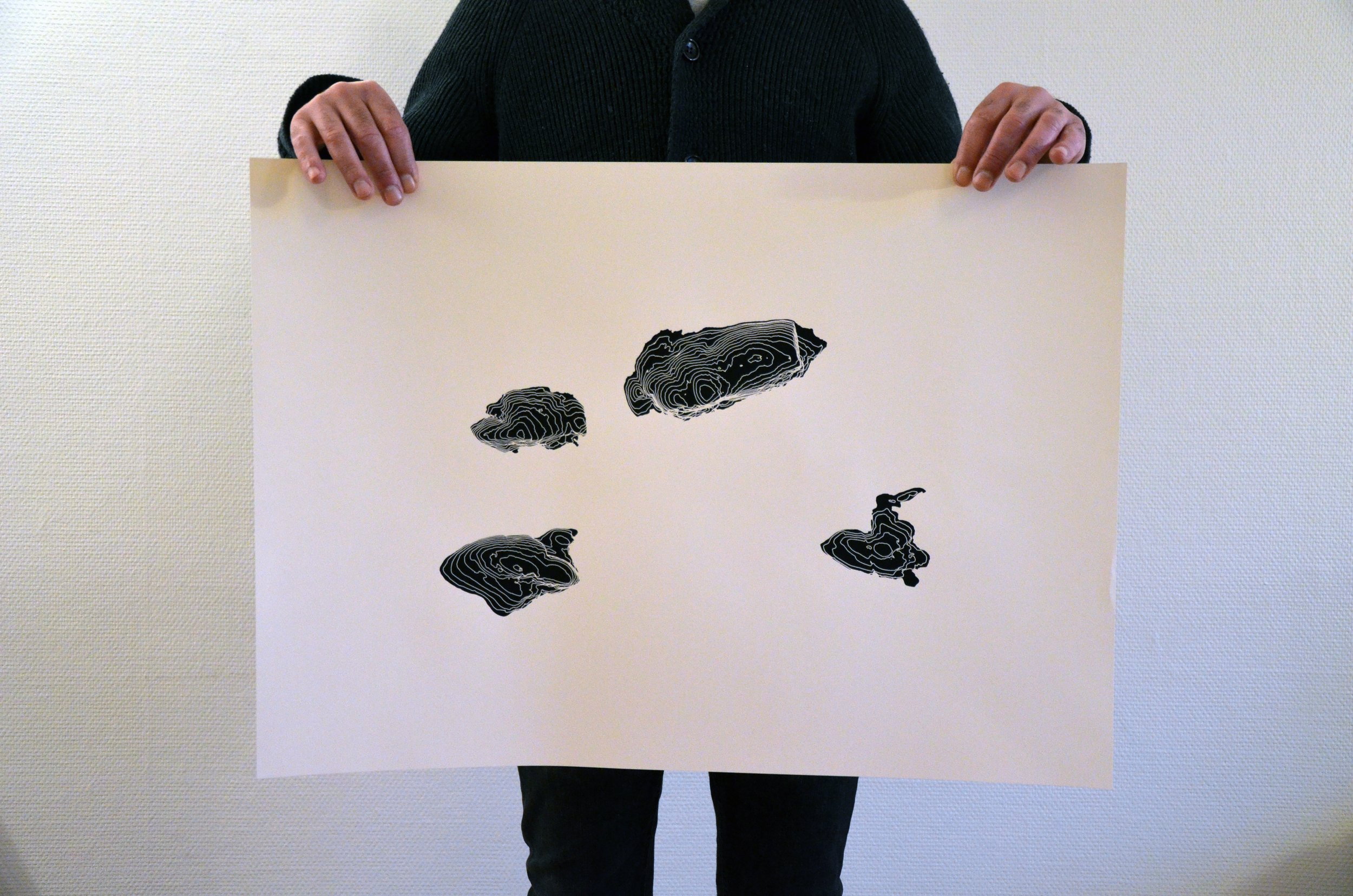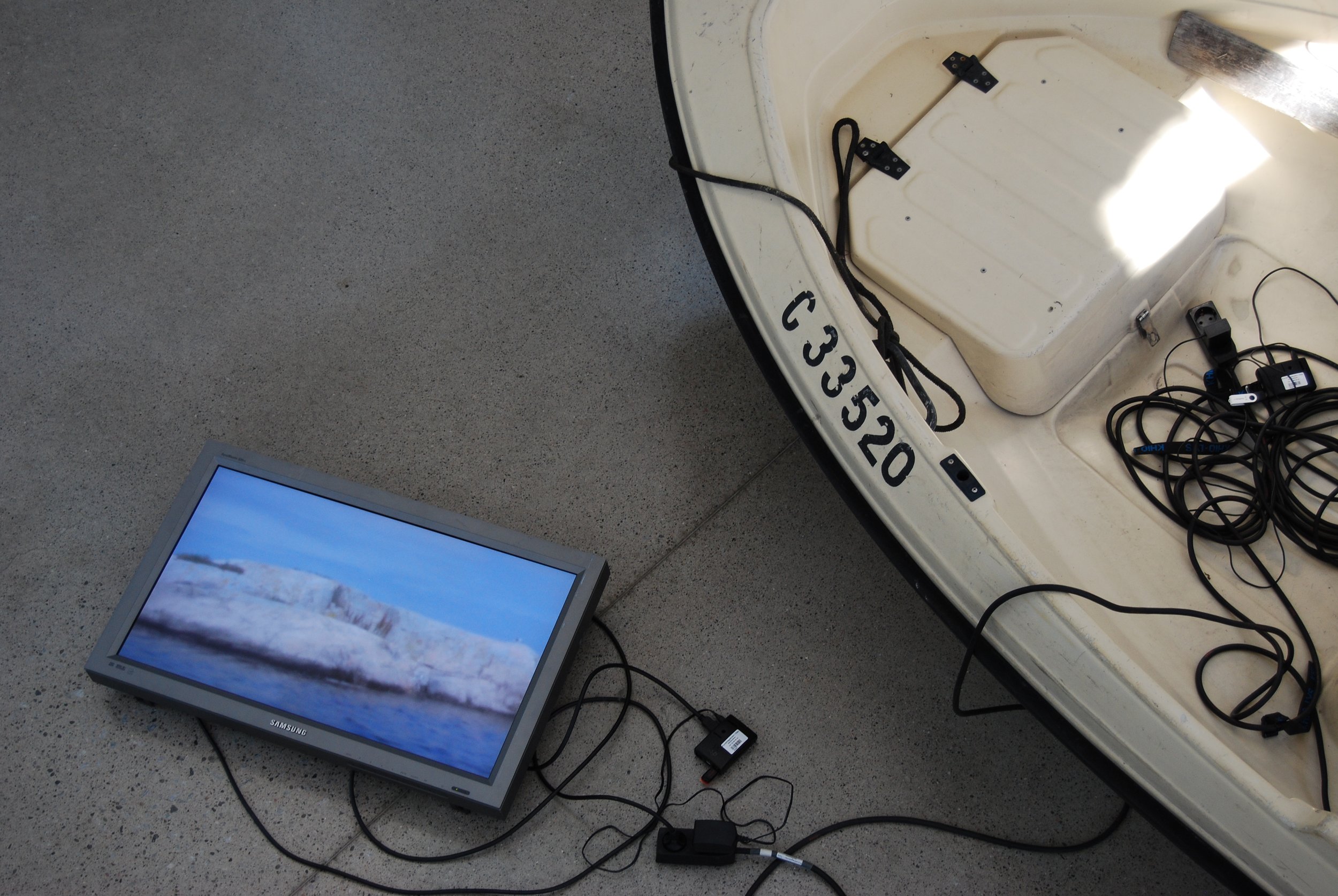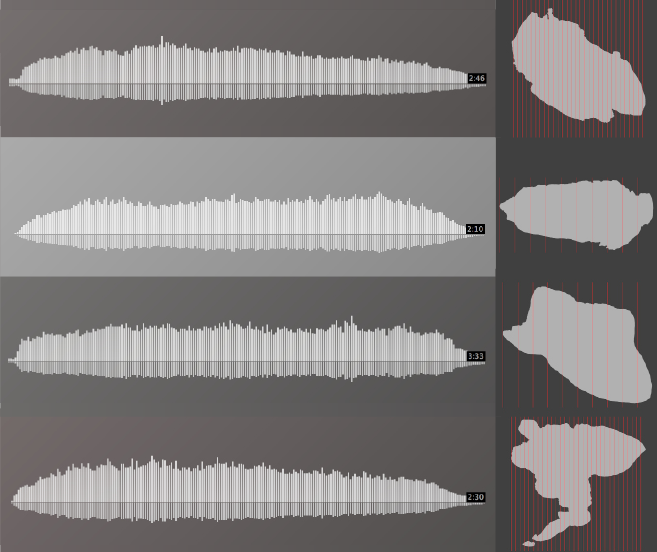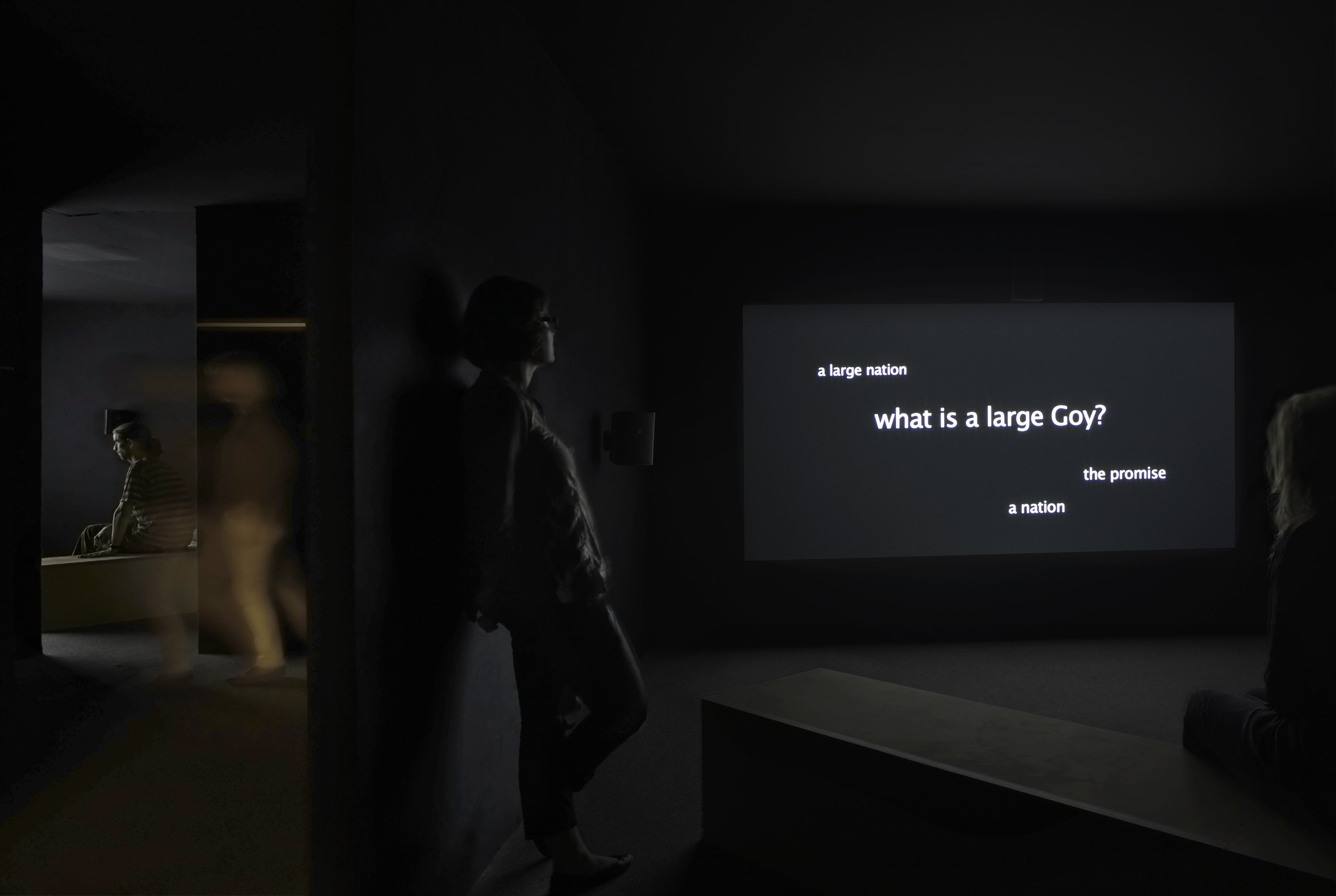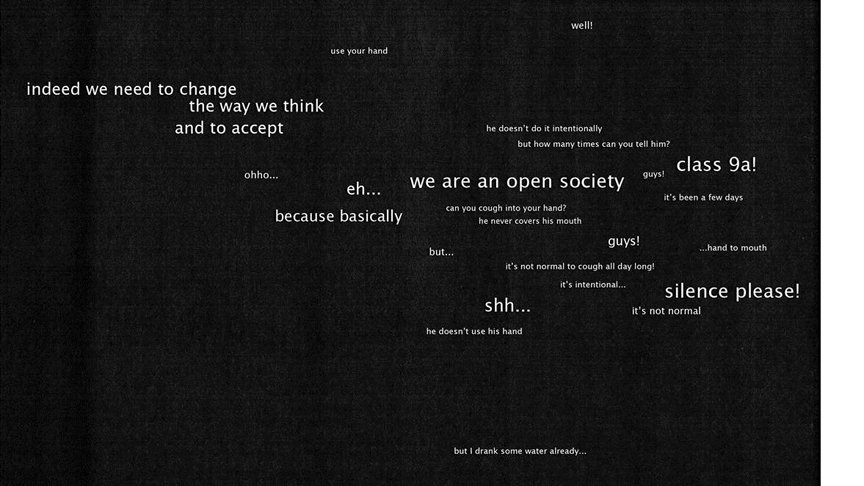Vibeke Frost Andersen recently graduated from The National Academy of The Arts in Oslo with a MFA in Art and Public Space. She also holds a BA(Hons) in Graphic Communication from University of Wales Institute Cardiff, a Norwegian post-graduate diploma in education and has completed university courses in art history, sculpture and photography in Norway and the UK. Frost Andersen has run a local design practice for several years, and has participated in art projects and - exhibitions both locally, nationally and internationally. She lectures on a variety of art-related topics, and has developed syllabi and administered new educational opportunities within the arts in Norway.
How does places acquire meaning? What is it that gives us a sense of belonging? Through her practice, Frost Andersen seeks to respond to these questions through an investigation of edge lands, voids and forgotten space. Considering economic, social and political structures governing the appearance and perception of landscape, both physical and mental, her research projects asks if it is possible to see, represent and understand some of the larger forces shaping our time. Frost Andersen works mainly in the media of photography, installation and social interference. By engaging with a site and people connected to it, the work evolves along a path of enquiry and possible outcomes.
The works are executed in a mix of low key materials and digital technology, alternating mediums by how they are related to the underlying idea and how it sits in the public sphere. By which medium is information about a specific topic usually mediated an accessed? What are the common ways of representing a specific theme, and what are the potentialities and limitations of those technologies and techniques? By working with material in this way, Frost Andersen explores the possibility of generating other perspectives with a new local public. The works follow each other, with discoveries made in one project forming the basis for the next.
In this way Frost Andersens practice connects to the overarching problem influencing most of her work: That late capitalism brings with it a sense of totalisation implacably at work everywhere, and that our lives are ruled by abstractions of such immense vastness, invisibility and complexity that they can only be understood parts at a time - if at all.


